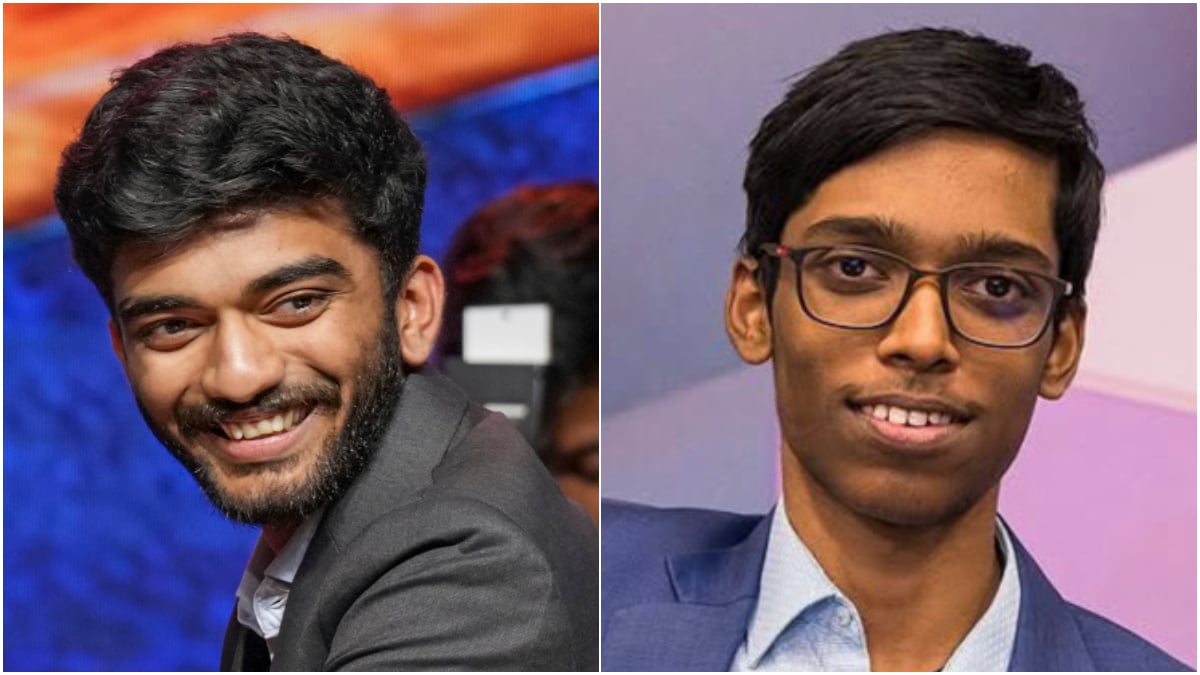

India's dominance in the world of chess is no longer a budding aspiration but a concrete reality, a shift so profound that even veteran players are acknowledging the change. Once upon a time, seasoned chess players from around the globe could confidently expect a victory against their Indian counterparts, but now, the tables have turned. This transformation is not just about a few individual successes; it signifies a systemic shift, a chess revolution that has firmly established India as a force to be reckoned with.
The rise of Indian chess is a multifaceted phenomenon fueled by various factors, most notably the influence of Viswanathan Anand. Anand's success in the late 1990s and early 2010s ignited a passion for chess among a generation of Indian players. His five World Championship titles demonstrated that Indians could compete and win at the highest levels. Often called "Vishy's kids," the current crop of Indian chess stars is carrying forward his legacy.
The All India Chess Federation (AICF) and numerous state associations, academies, and online communities support a thriving chess ecosystem. This infrastructure nurtures talent at the grassroots level, providing young players with the resources and guidance they need to excel. The southern state of Tamil Nadu, particularly its capital Chennai, has emerged as the epicenter of Indian chess. A third of India's grandmasters hail from Tamil Nadu, including both Viswanathan Anand and current World Champion Gukesh Dommaraju.
The success of Indian chess players in international tournaments has further fueled the sport's popularity. India secured a historic victory at the Chess Olympiad, with both the men's and women's teams clinching gold medals. Gukesh Dommaraju's recent victory at the World Chess Championship, becoming the youngest ever to win the title at 18, underscores India's growing dominance. As of December 2024, India boasts 85 chess grandmasters, with 13 ranked among the world's top 100 players. The country has over 30,000 rated players actively participating in officially sanctioned tournaments nationwide.
The Delhi International Open Grandmasters Chess Tournament recently highlighted India's rising chess power. Grandmaster Abhijeet Gupta emerged as the champion, securing his fourth title at the prestigious event. The tournament showcased a mix of established grandmasters and emerging Indian talents, with many established players struggling to keep pace with the young Indian prodigies.
Bangladeshi legend Rani Hamid, an 80-year-old veteran, has openly admitted that she "used to beat Indian girls at will," but now "the gap is enormous," and "India is on another level." Georgian GM Tornike Sanikidze, seeded 18th, finished 53rd. Sanikidze noted the fierce competition from India's young talents.
The shift in the chess world is undeniable. India's combination of talented players, robust infrastructure, and a passion for the game has created a breeding ground for chess champions. As India continues to invest in its chess programs and nurture young talent, the country is poised to dominate the world of chess for years to come.